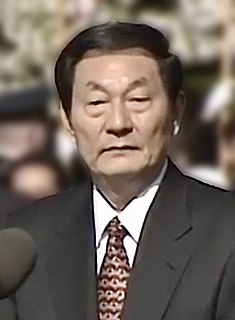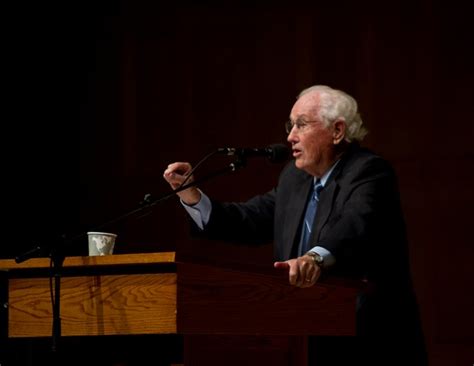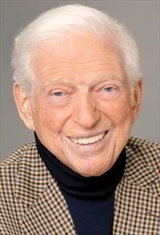A Quote by William Lee Miller
Abraham Lincoln was not philosopher, exactly. But he did have a strong mind, which sought generalizations as well as particulars. He had a terrific memory.
Quote Topics
Related Quotes
Abraham Lincoln did have intellectual instincts, a tremendous curiosity on a broad range of subjects, and a near-photographic memory for what he read. He was, at the end of the day, a politician: politics were his heaven, said William Herndon. But Lincoln did take comfort in ideas and books, more so than almost any other president, and he went to books and ideas in moments of perplexity to sort things out. Philosopher, no, but thoughtful and "surprisingly well-read" for his day.
I think that when you look at the great politicians, the two greatest in my view were George Washington and Abraham Lincoln, they certainly had character traits. You also know Abraham Lincoln overcame severe depression problems that he had when he was younger, which gave him the strength and the character later on.
I don't know that there has ever been a time when Abraham Lincoln didn't stand head-and-shoulders above all other presidents in the historians' eye. But relatively speaking, there have been peaks and a troughs. One peak was in the 1910s-20s; a major trough was in the 1970s-80s. We are certainly on a peak again, something which began in 1994 with Michael Burlingame's 'The Inner World of Abraham Lincoln,' which showed in fabulous detail how many new and untapped sources were available on Lincoln.
Until the early 90s, when I was working on a project about the idea of free will in American philosophy. I knew that Lincoln had had something to say about "necessity" and "fatalism," and so I began writing him into the book. In fact, Lincoln took over. I wrote instead 'Abraham Lincoln: Redeemer President,' in 1999, and I've splitting rails with Mr. Lincoln ever since. If there's a twelve-step process for this somewhere, I haven't found it yet.
Abraham Lincoln was asked by an aide about the church service he had attended. Lincoln responded that the minister was inspired, interesting, well-prepared, eloquent and the topic relevant. The aide said, “Then it was a good service?” Lincoln responded, “No.” The aide protested, “But, Mr. President, you said that the minister was inspired, interesting, well-prepared, eloquent, and that the topic was relevant.” “Yes,” replied Lincoln, “but he didn’t challenge us to do any great thing.
Abraham Lincoln did not contend that his actions were immune from Congressional correction; on the contrary, he specifically said he was acting beyond the present provisions in the expectation that congress would retroactively approve, which they did. He did not say anything like Richard Nixon: if the president does it is legal.



























